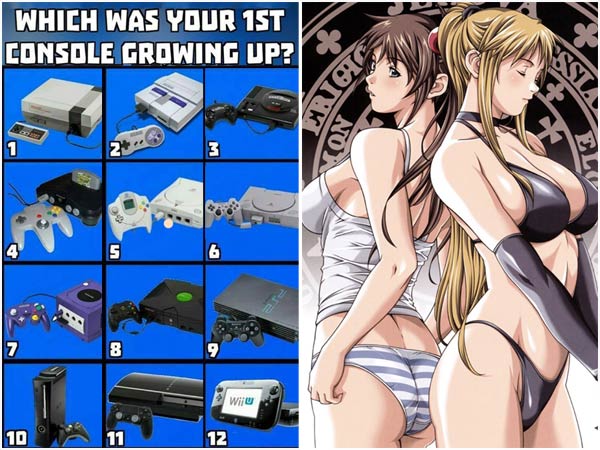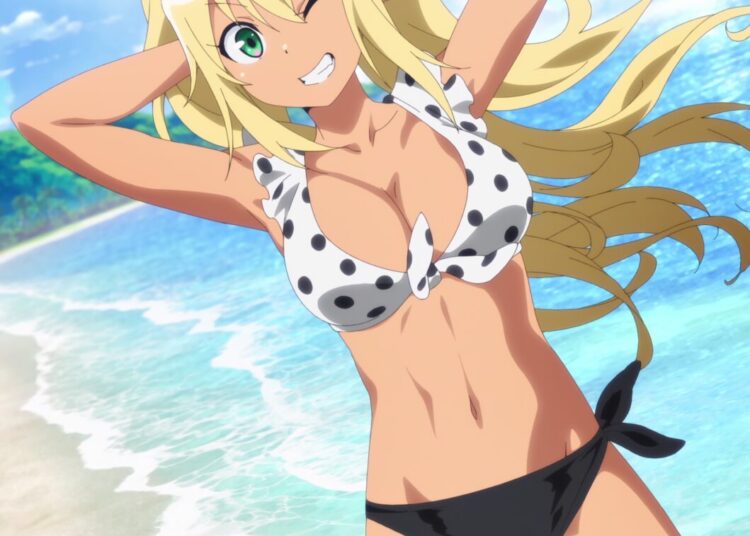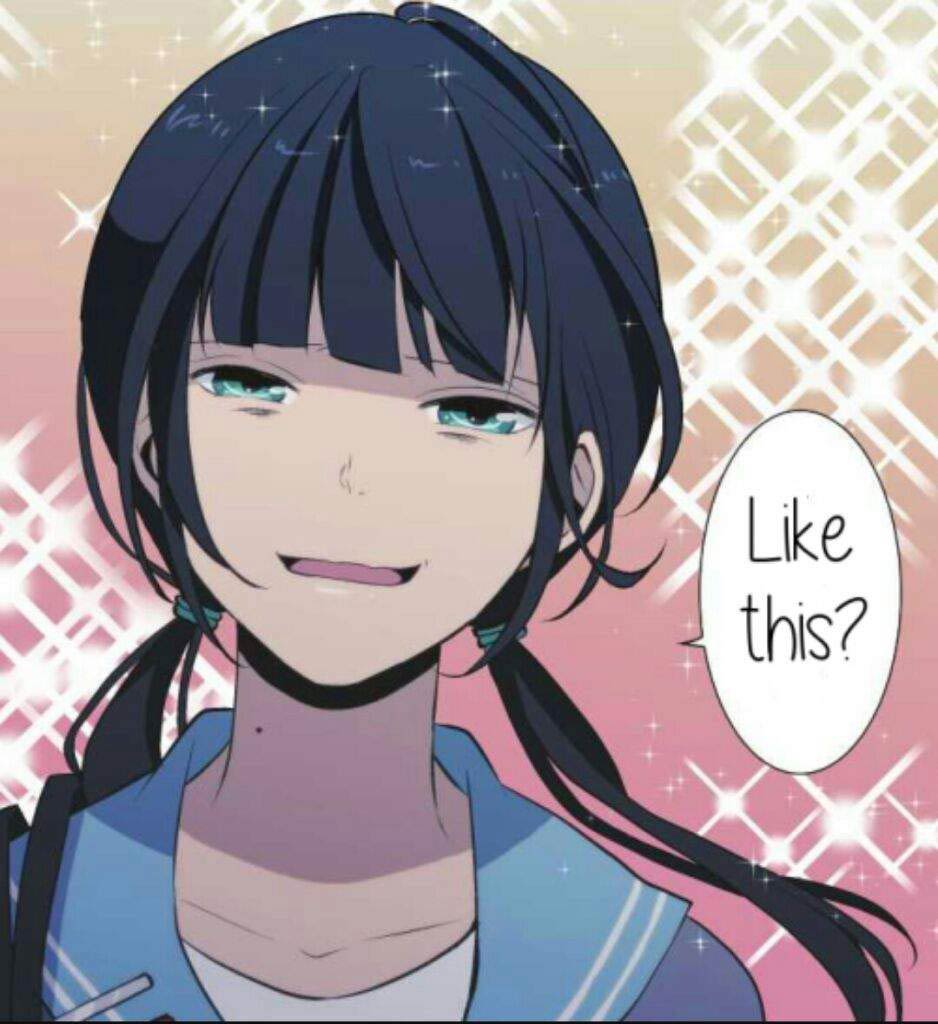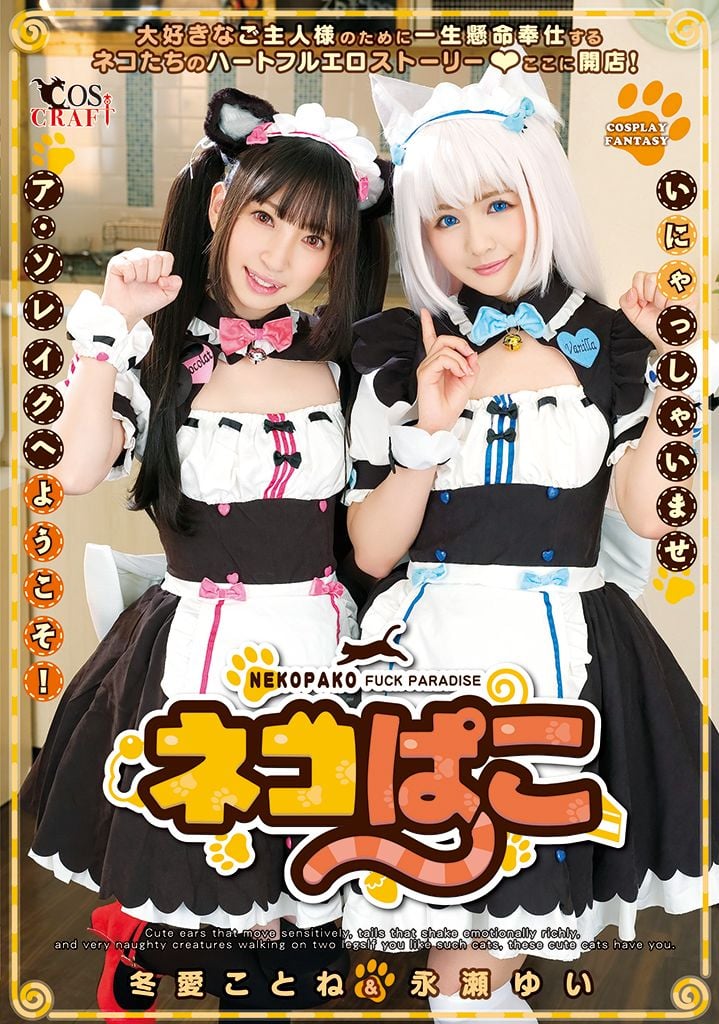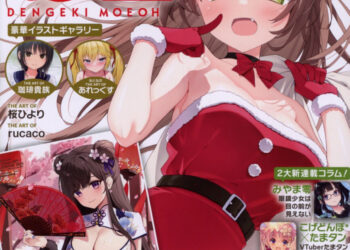The Origin of Hentai, Ecchi and Other Anime Terms
I like our Twitter, Facebook and Instagram accounts because they let us chat with fans around the world on a one-to-one basis. Over the weekend I posted an image that asked what everyone’s first game console was growing up, which resulted in a spirited discussion of classic video games. This got me thinking about another area of nostalgia, and I started up a discussion about what everyone’s first hentai anime was, with everyone sharing their first initiation into the unique world of naughty anime, from Bible Black to Discipline to Oni Chichi. While I was deeply influenced by mainstream classics like the anime-lesbians-and-Cthulhu-festival Iczer-1 or the influential Megazone 23, which had nudity and actual “H” scenes, my first true hentai experience was Cream Lemon, the classic hentai anime series made from 1984-1987. This classic series included such segments as Pop Chaser (anime lesbians + mecha) plus the classic Escalation, the groundbreaking yuri anime of which our Yukkuri Panic: Escalation game is a direct homage. Grab a copy during our sale!
Being an English major with minors in Japanese language and Linguistics, words are pretty important to me, and I like to examine the way their meanings change and shift as they move through the world, such as the origin of hentai. In English, hentai represents sexual imagery in animation and games, though the original meaning of the word 変態 means “perverse” or “sexually deviant.” The original creator of our mascot Megumi hated being called a “hentai illustrator” because it sounded like he was perverted, not his art.
Here’s the etymology of some other words you might be familiar with:
- The term anime only came into vogue in the late 1970s, perhaps through the popularity of Animage, which launched in 1978. People above a certain age still use the term manga to refer to animation on TV as well as manga comics to read, including Mrs. J-List.
- Maddeningly to us fans, Disney animation is commonly referred to as “anime” in Japanese.
- Manga (漫画) is an old term coined by famed ukiyoe artist Hokusai, to describe his “whimsical pictures.”
- The word yuri-zoku (“lily tribe”) was coined in 1976 to describe the wave of lesbian-themed literature that was appearing at the time, a counterpart to bara-zoku (“rose tribe”). In English, bara generally refers to extra-masculine gay men, whereas yaoi/BL is usually considered a separate genre.
- Most fans assume that ecchi — the Japanese pronunciation of the letter H, which is a euphemism for sex or anything sexual — came from hentai, though that’s just one theory of the word’s origin. Others include that the word acquired its unique meaning from Harenchi Gakuen, the hentai anime by Go Nagai, that the letter H represents the first katakana of エロチック (erotic) placed on its side, or that it morphed from the final word of Marilyn Monroe’s film The Seven Year Itch, already responsible for Japan’s fascination with pantyshots. The first modern use of ecchi is in a 1955 novel called White Demon Fish.
- Zettai ryouiki (絶対領域) refers to the
I buy sausageamai san-senchi (“the sweet 3-centimeters”) between a girl’s over-knee socks and her skirt. The term became popular after a cosplay doujin event in 2005, but the words are from Kaworu of Evangelion, who describes the A.T. Field (aka Absolute Terror Field) as “the Holy Space where no man may trespass, as it’s hidden behind the Wall of the Heart.” - Chunibyo (中二病), or 8th Grader’s Disease, entered our awareness through Steins;Gate, Oreimo and (of course) Chunibyo demo Koi ga Shitai. The term was coined by comedian Hikaru Ijuin to describe the complex fantasies he constructed to deal with the stress during his second year of Junior High School.
- “Shipping” harkens back to X-Files fandom of the early 90s, when fans would come up with detailed theories about when Mulder and Scully would finally hook up.
Our Black Friday and Cyber Instant Bulk Discount Sale is live! Here’s how it works: through the end of November, get $5 off $40 or more, $20 off $100 or more, or $40 off $200 or more. Make a big order of awesome figures, traditional items, snacks of “naughty products” and save.


